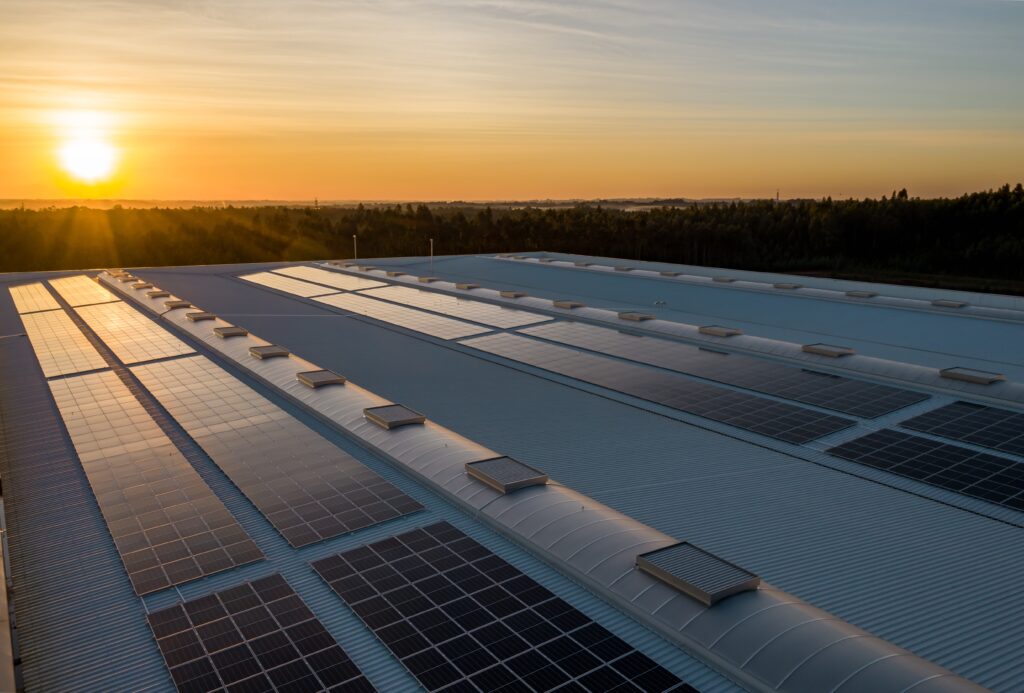Why Is Solar Energy Taking the World by Storm?

Over the two decades or so, solar energy has made significant strides. The global market was limited and heavily reliant on subsidy systems in countries like Germany and Italy in 2010. More than 115 gigawatts (GW) of solar energy will be added worldwide, more significant than the combined output of all other generating methods. It is also becoming increasingly affordable, particularly in sunnier locations where it has already surpassed all other forms of new power generation in terms of cost.
Benefits of Solar Energy
Solar energy is being adopted by homeowners and utilities alike quicker than has ever been seen previously in the United States, and here’s why
- Solar energy uses the sun to generate clean, renewable energy that is good for the environment. Alternatives to fossil fuels reduce carbon emissions at home and abroad, lowering global greenhouse gas emissions. Solar energy is recognized to have a positive environmental impact.
- Solar energy uses the sun’s energy to generate clean, environmentally friendly renewable power. Alternatives to fossil fuels that are less harmful to the environment assist in reducing carbon footprints both at home and abroad, cutting global greenhouse gas emissions. Solar energy is widely known for its environmental benefits.
- Installing home solar panels and a home battery can provide independence from utility providers while also ensuring consistent energy bill payments. Doing this allows you to avoid paying peak electricity costs while also providing reliable backup power in a power outage.
- Due to the federal solar tax credit, local rebates, net metering, and other incentives, you may be able to cover a considerable amount of the cost of your solar PV system and potentially pay it off in a relatively short period, depending on where you reside. Utility Bidder can help you get the most profit.
- One of the advantages of using solar energy is that it reduces air pollution. As a result, it significantly reduces sulfur dioxide emissions, nitrous oxide, particulate matter, and other harmful substances that cause health problems—using solar energy results in lower rates of respiratory problems, such as bronchitis and asthma, and lower rates of cardiovascular problems.
The Future of Solar Energy
In the future years, technological advancements will make solar even more affordable for the general public. It’s possible that by 2030, solar energy will have surpassed all other sources of power generation in a significant portion of the world’s electricity output. A good influence on the environment and climate change will also be achieved. Furthermore, individuals who live in areas with no access to power can benefit from solar panels, which can provide renewable energy to them without the need for additional infrastructure.
More solar energy reaches the earth’s surface every day than the world’s current population can consume in a year. Let’s keep working to harness this incredible power and put it to good use. With efficiency improving, pricing dropping daily, and new technologies being tested, it will be interesting to see new developments in the solar sector in a couple of years.





